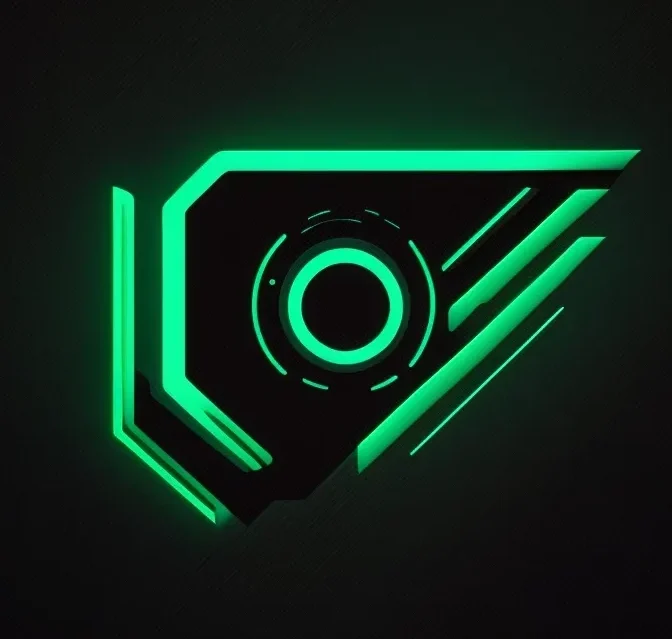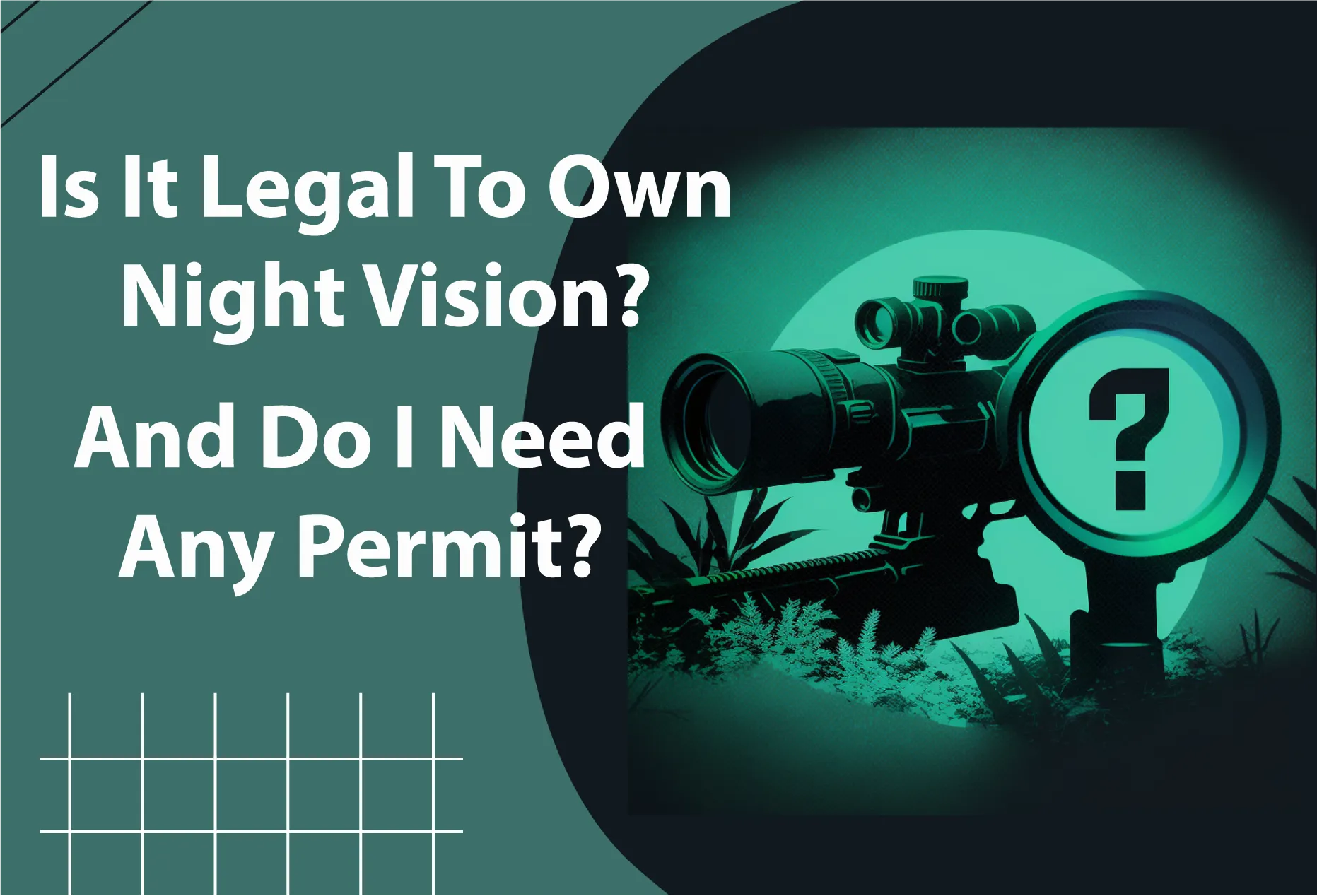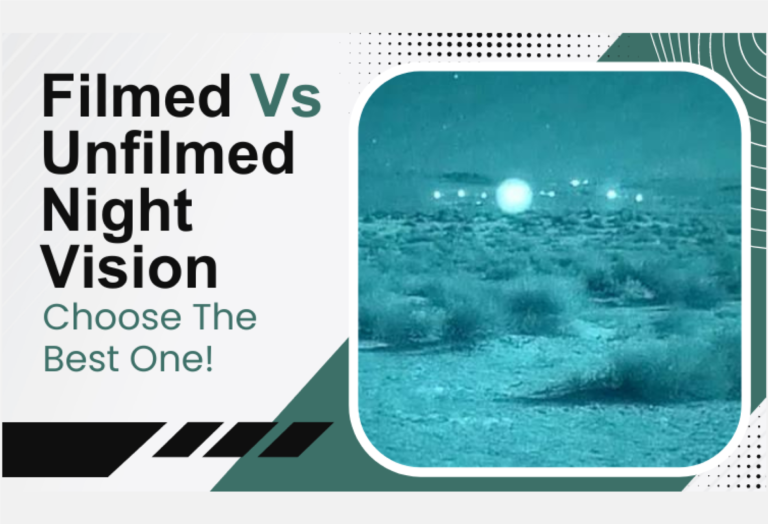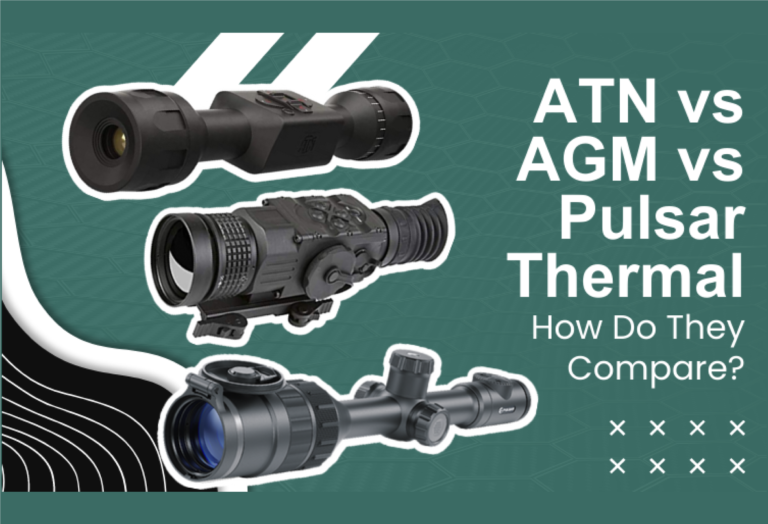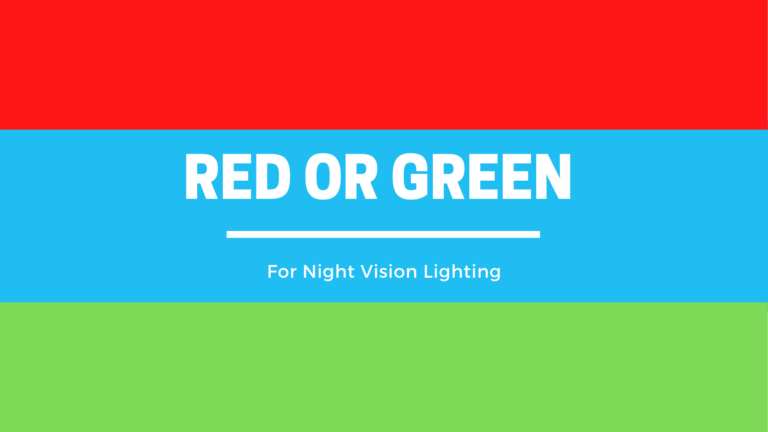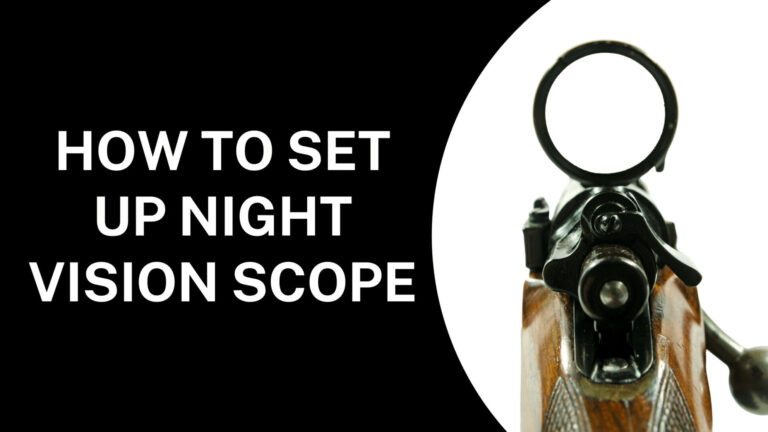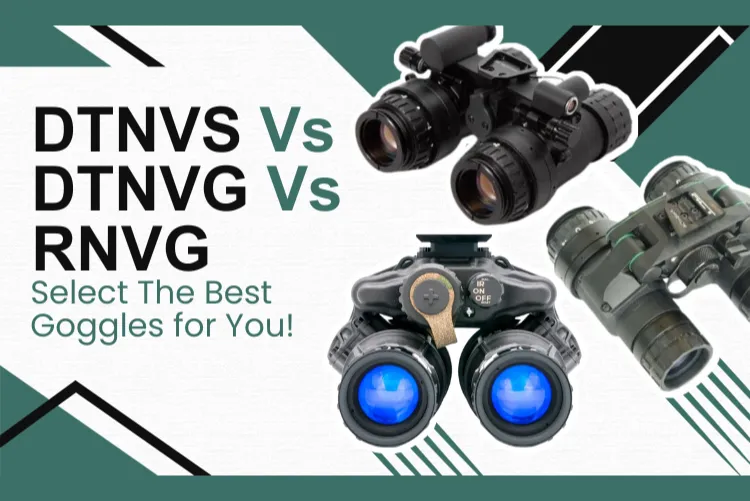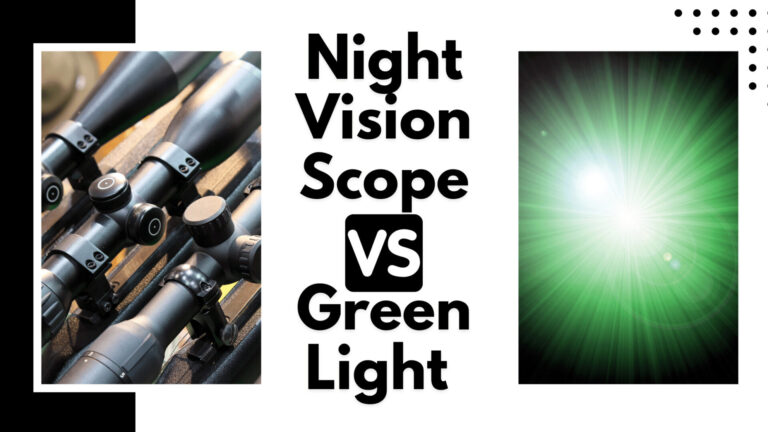Shedding Light on Night Vision: Understanding the Legalities of Owning Night Vision Devices
Night vision devices are becoming increasingly popular for various applications such as hunting, surveillance, search and rescue operations, and military operations. But first, it is good to know if it is legal to Own Night Vision.
However, there are strict regulations in place when it comes to owning and using these devices. Let’s take a closer look at some real-life scenarios to better understand the legalities of owning night vision devices.
- John is an avid hunter and decides to invest in a night vision scope to help him hunt coyotes at night. However, he is unaware of the legalities of owning a night vision device. John later finds out that his state has strict laws regarding using night vision scopes for hunting, and he can only use them for specific purposes, such as wildlife research or control.
- Susan is a private investigator who uses a night vision camera to surveil a target at night. She assumes that because she is licensed as a private investigator, she can use a night vision camera without any legal implications. However, she later finds out that she needs to obtain a permit from the local law enforcement agency to use the device for surveillance purposes.
- James is an outdoor enthusiast who enjoys hiking and camping in remote areas. He invests in a night vision monocular to help him navigate the darkness. However, he is unaware that using night vision devices for recreational purposes is illegal in certain states. James later finds out that he could face legal consequences for the recreational use of his night vision monocular.
These scenarios illustrate the importance of understanding the legalities involved in owning and using night vision devices. It is essential to research and understand the laws and regulations in your state or country before investing in a night vision device. This will help you avoid any legal repercussions and ensure that you are using the device for its intended purposes.
In summary, owning a night vision device is legal in most cases, but there are regulations in place that must be followed. It is crucial to understand the legalities involved in owning and using these devices and to use them only for their intended purposes. By doing so, you can enjoy the benefits of night vision technology without any legal complications.
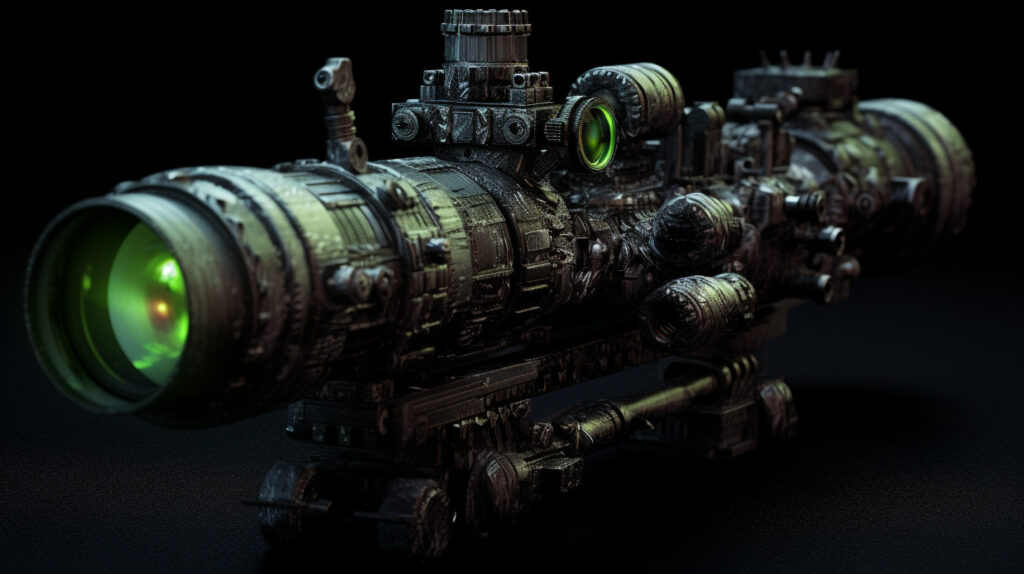
Restrictions on owning night vision
Night vision technology is highly regulated in many countries, including the United States. In the US, the sale, distribution, and export of night vision equipment is controlled by various federal agencies, including the Department of Commerce, the Department of State, and the Department of Defense. These agencies enforce strict regulations to ensure that night vision technology does not fall into the wrong hands.
Individuals in the US are allowed to own and use night vision equipment for personal use, such as hunting or wildlife observation. However, there are certain restrictions in place to prevent misuse of this technology. For example, it is illegal to use night vision equipment to commit a crime, or to export or transfer it to countries or individuals that are prohibited under US law.
There are also specific regulations regarding the use of night vision equipment by law enforcement agencies. In some states, law enforcement agencies are required to obtain a permit or license to use night vision technology, and there are restrictions on how this technology can be used in certain situations. For example, the use of night vision technology may be restricted during certain types of law enforcement operations or in certain locations.
In addition to these restrictions, there are also limitations on the type of night vision equipment that individuals can own. For example, some states have restrictions on the use of certain types of night vision scopes for hunting, and there are restrictions on the use of night vision equipment in some national parks and wildlife refuges.
Overall, the regulations surrounding the ownership and use of night vision technology are designed to ensure that this technology is used responsibly and does not pose a threat to national security or public safety. Individuals who are interested in purchasing night vision equipment should familiarize themselves with the applicable laws and regulations in their area to ensure that they are in compliance with these rules.
More You Need to Know About Legal to Own Night Vision
In the United States, the use of night vision devices is regulated by the Department of State under the International Traffic in Arms Regulations (ITAR). This means that certain night vision devices may be subject to export controls and licensing requirements. If you’re considering purchasing a night vision device, it’s important to ensure that the device is legal to own and use in your country and that you comply with any licensing or registration requirements.
You need to know that when buying night vision devices, it is illegal to possess an unregistered device. If you have one already, you cannot be prosecuted for possessing it. However, if you do not register your night vision devices within 30 days after purchase, you may face penalties. The penalty depends on whether the night vision is purchased from a government-licensed dealer or a private seller.

In addition, you must keep your night vision devices registered at all times. You cannot sell it without registering it. If you fail to register it, then you could be charged with a misdemeanor.
The second issue to consider when purchasing night vision is federal regulations governing their sale. These regulations include requirements about the type of night vision devices that can sell, how the night vision is labeled, and what information needs to be included on the label.
You must make sure that the night vision device meets the following criteria before selling it:
- It must be capable of detecting visible light.
- The system must be able to distinguish between people and animals.
- It must emit no more than 0.1 milliwatts per square centimeter.
- Neither humans nor animals should be harmed by it.
- It should contain no mercury or lead.
- It must meet the standards set by the Federal Aviation Administration (FAA).
If you want to buy a Night vision device online, you should check out the website of the National Association of State Fire Marshals website, which has a list of approved dealers.
It’s also important to understand the restrictions on the use of night vision devices. In the United States, for example, using night vision devices for hunting is legal, but there are restrictions on the use of night vision devices for certain species or during certain times of the year. Using night vision devices for law enforcement or military purposes is also subject to strict regulations and may require special authorization.
Each state has its own laws and regulations regarding night vision devices, and it’s important to understand these laws before using or purchasing a night vision device. In general, it is legal to own and use night vision devices for non-criminal purposes such as hunting, surveillance, and personal use.
However, some states have restrictions on the use of night vision devices for hunting. For example, in California, it is illegal to use night vision devices for hunting big game animals. In New York, it is only legal to use night vision devices for hunting coyotes and furbearers.
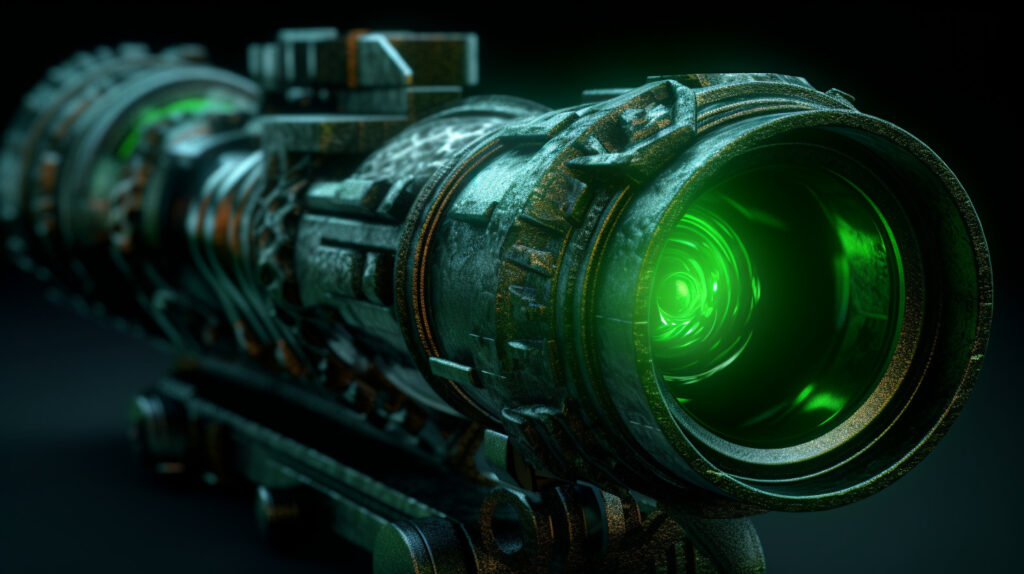
Government regulations on night vision
Government regulations on night vision primarily concern the export and transfer of night vision technology, as well as the use of such technology by law enforcement and military personnel. The regulations aim to prevent the illegal use of night vision devices and ensure that such devices are only used for legitimate purposes.
In the United States, night vision and thermal imaging technology are legal to own and use by civilians, as long as they are used for lawful activities such as hunting, wildlife observation, and personal security. However, there are restrictions on the export of such technology to certain countries and individuals.
For example, the International Traffic in Arms Regulations (ITAR) is a set of regulations that controls the export and import of defense-related articles and services. Under ITAR, night vision technology is considered a defense article and is subject to strict controls. The Department of State’s Directorate of Defense Trade Controls (DDTC) is responsible for administering ITAR regulations related to night vision technology.
In addition, the U.S. government has restrictions on the use of night vision technology by law enforcement agencies. The use of night vision technology by law enforcement agencies is governed by the Department of Justice’s (DOJ) Bureau of Justice Assistance (BJA) and the Department of Homeland Security’s (DHS) Science and Technology Directorate. These agencies provide guidelines and training on the proper use of night vision technology by law enforcement officers, as well as guidance on the acquisition and management of such technology.
Furthermore, the use of night vision technology by military personnel is regulated by the Department of Defense (DoD). The DoD has strict guidelines on the acquisition, use, and disposal of night vision technology by military personnel. These guidelines ensure that the use of such technology is consistent with the laws of war and international human rights standards.
Overall, while night vision and thermal imaging technology is legal to own and use by civilians in the United States, it is subject to strict regulations to ensure that it is only used for lawful activities and is not used for illegal purposes. It is important for individuals and organizations to understand and comply with these regulations to avoid legal consequences.
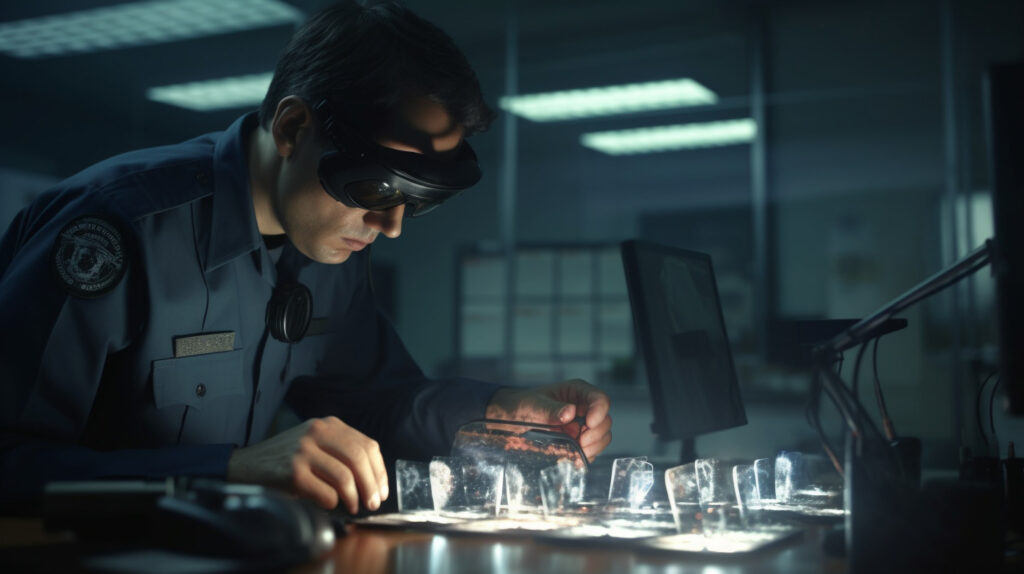
Export controls on night vision technology
Export controls on night vision technology refer to the regulations and laws that control the export of night vision equipment, including night vision goggles, binoculars, scopes, and other devices, from one country to another. These controls are designed to prevent the unauthorized transfer of sensitive technology and equipment to countries or individuals who may use it to harm national security, human rights, or other interests.
The United States government, for example, has strict regulations on the export of night vision technology, which are enforced by various agencies, including the Department of Commerce, Department of State, and Department of Defense. The export of night vision equipment is controlled through the International Traffic in Arms Regulations (ITAR) and the Export Administration Regulations (EAR). These regulations require exporters to obtain licenses before exporting certain night vision equipment to certain countries, including China, Iran, North Korea, and Russia.
Exporters must also comply with various documentation and reporting requirements, such as filing Electronic Export Information (EEI) through the Automated Export System (AES), obtaining export licenses, and complying with various record-keeping requirements. Failure to comply with these regulations can result in severe penalties, including fines, imprisonment, and revocation of export privileges.
Other countries also have their own regulations on the export of night vision technology, and it is important for exporters to understand and comply with these regulations when exporting night vision equipment. In addition to complying with export controls, exporters may also need to obtain other licenses, such as import licenses, and comply with other regulations, such as import restrictions and customs requirements, when exporting night vision equipment.
Overall, the regulations on the export of night vision technology are designed to protect national security and other interests and prevent the unauthorized transfer of sensitive technology and equipment. It is important for exporters to understand and comply with these regulations to avoid penalties and legal issues.
Night vision for security purposes
The use of night vision technology for security purposes is generally allowed, but it may be subject to some restrictions depending on the specific country or state regulations. For example, in some areas, the use of night vision equipment for hunting is permitted but using it for security or surveillance purposes may require a license or permit.
In the United States, there are no federal laws specifically regulating the use of night vision technology for security purposes. However, some states and municipalities may have their own regulations. For instance, some states may require security personnel to undergo training and certification before using night vision equipment, and others may require permits or licenses for the use of certain types of night vision devices.
It is important for individuals or organizations using night vision technology for security purposes to research and comply with any relevant laws and regulations in their area. Failure to comply with regulations can result in legal consequences, including fines and criminal charges.
Overall, while there are some restrictions and regulations related to the use of night vision technology for security purposes, it is generally considered a useful tool for enhancing security and surveillance in both private and public settings.
Conclusion
In conclusion, while it is legal to own night vision technology in the United States, it is important to be aware of the restrictions in place and to ensure that you are purchasing from a reputable supplier. With the right device and proper training, night vision technology can be a valuable tool in a wide range of applications.
Whether you are a hunter, hiker, or law enforcement officer, night vision technology can help you see in the dark and stay safe in low light conditions. With the increasing availability and affordability of these devices, now is a great time to invest in a quality night vision device.
